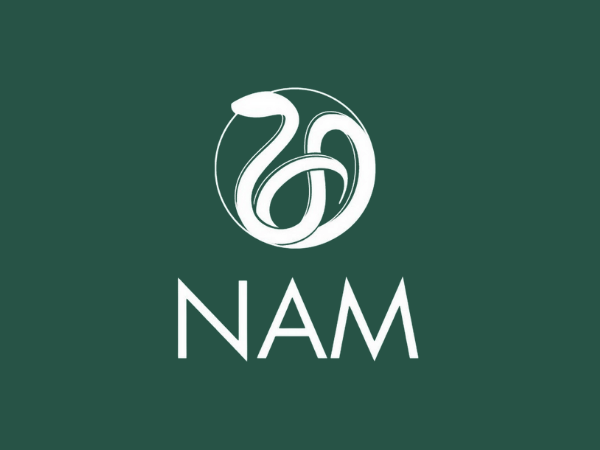The GARNET trial demonstrated that dostarlimab, an investigational anti-programmed death-1 (PD-1) monoclonal antibody, provided clinically meaningful results in women with recurrent or advanced mismatch repair-deficient endometrial cancer who progressed on or after a platinum-based regimen.
GlaxoSmithKline plc. is an investigator on the trial.
This updated analysis included patients with dMMR endometrial cancer who had measurable disease at baseline and ≥6 months of follow-up by the data cutoff (n=71). Patients received 500 mg of dostarlimab once every three weeks for four doses, followed by 1,000 mg once every six weeks until disease progression. The primary endpoints were confirmed objective response rate and duration of response , as assessed against RECIST v 1.1 by blinded independent central review. GARNET is the largest dataset evaluating an anti-PD-1 in endometrial cancer.
Treatment with dostarlimab showed an ORR of 42% (95% CI; 31-55) and a disease control rate of 58% (95% CI; 45-69). Overall, 13% of patients had a complete response and 30% of patients had a partial response. At the time of data cutoff, with a median follow up of 11.2 months, the median DOR had not been reached (1.87+ to 19.61+ months).










